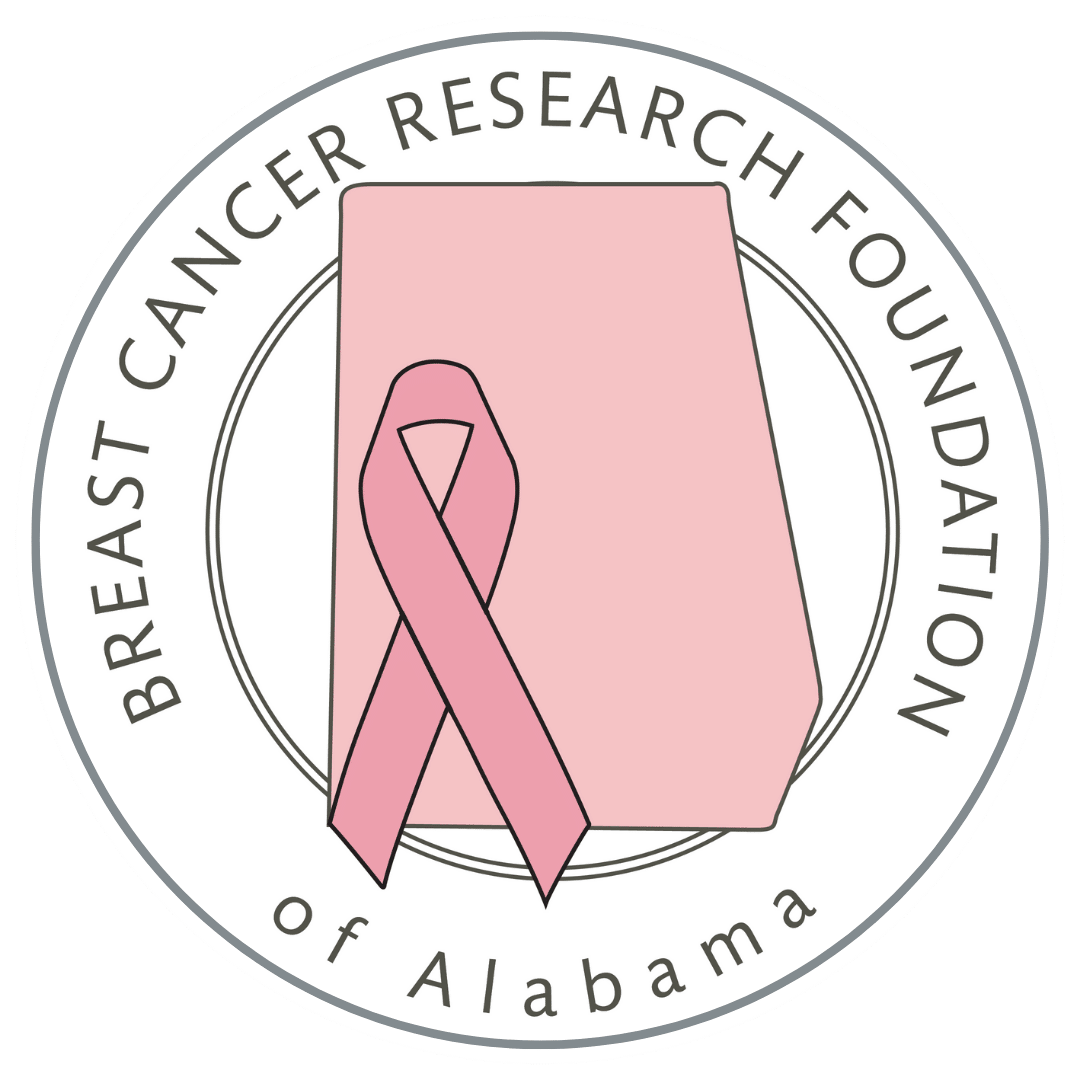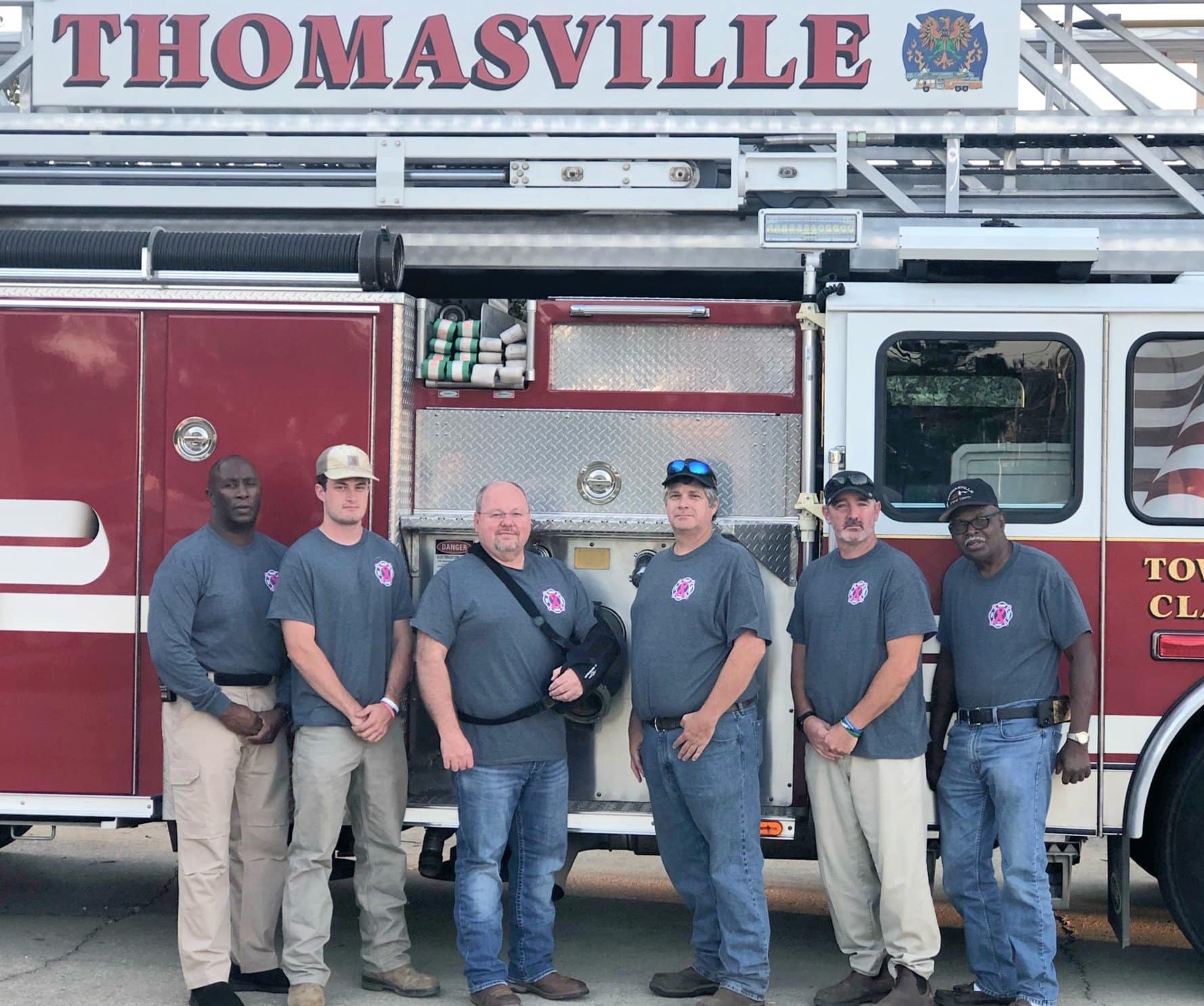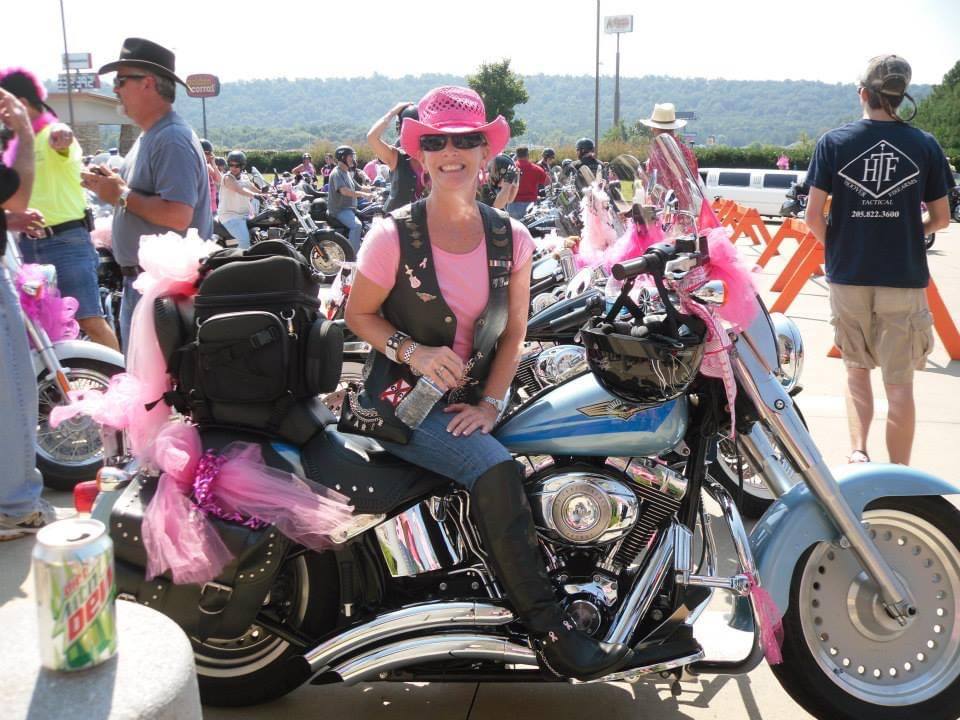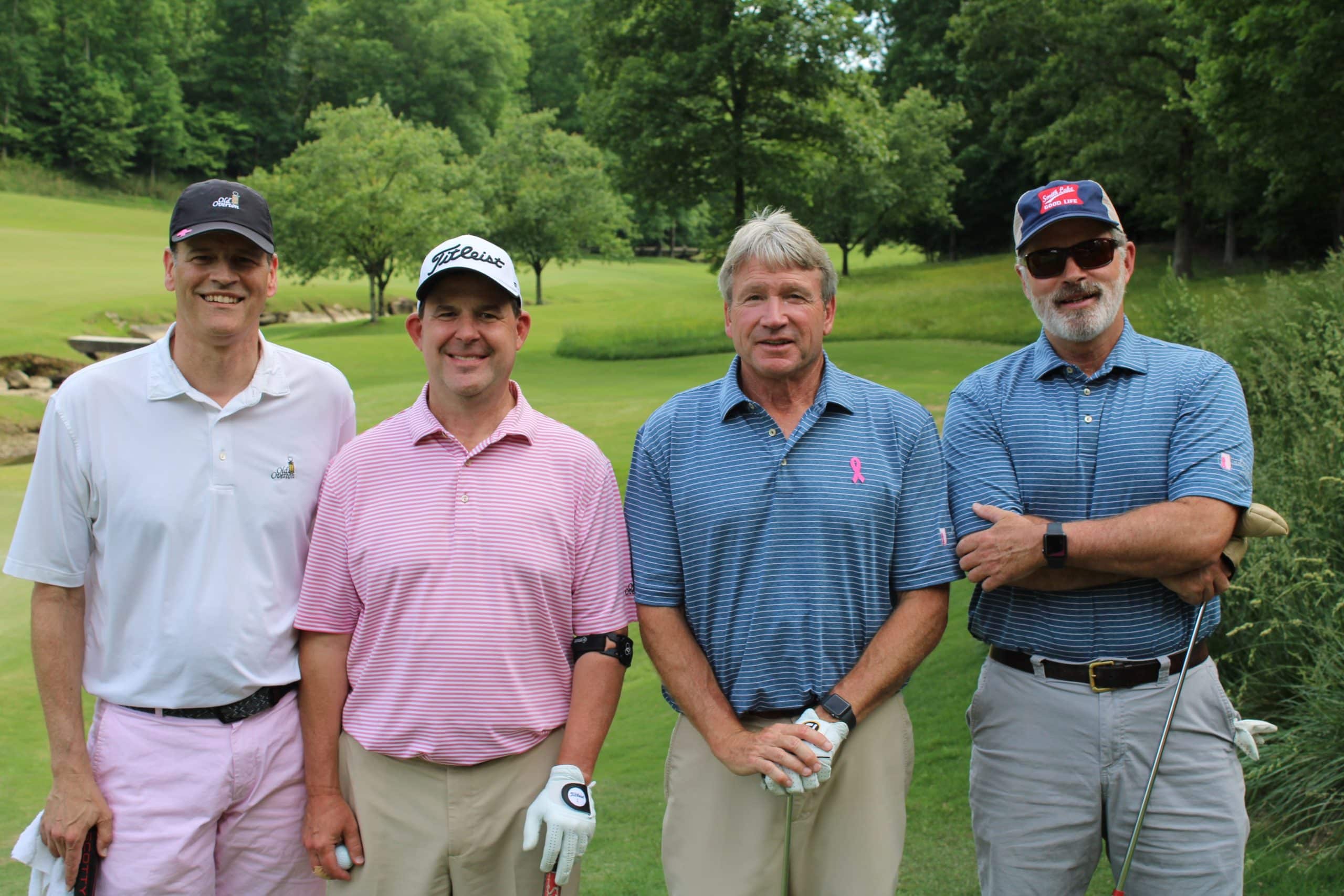25 For Research: Audra Chiles
May 10, 2021
According to the National Cancer Institute, the median age for a breast cancer diagnosis is 62 years old. That’s why when an irregular lump appeared on Audra Chiles’ breast at age 26, she and her OBGYN didn’t think anything of it.
“It felt like a marble I could roll around at the 12 o’clock position on my left breast,” said Chiles. “But I wasn’t really worried about it.”
At first, her doctor assumed what she was feeling was a fibroadenoma, a benign tumor often found in young women. But, just to be safe, Audra was sent to a breast surgeon for an ultrasound an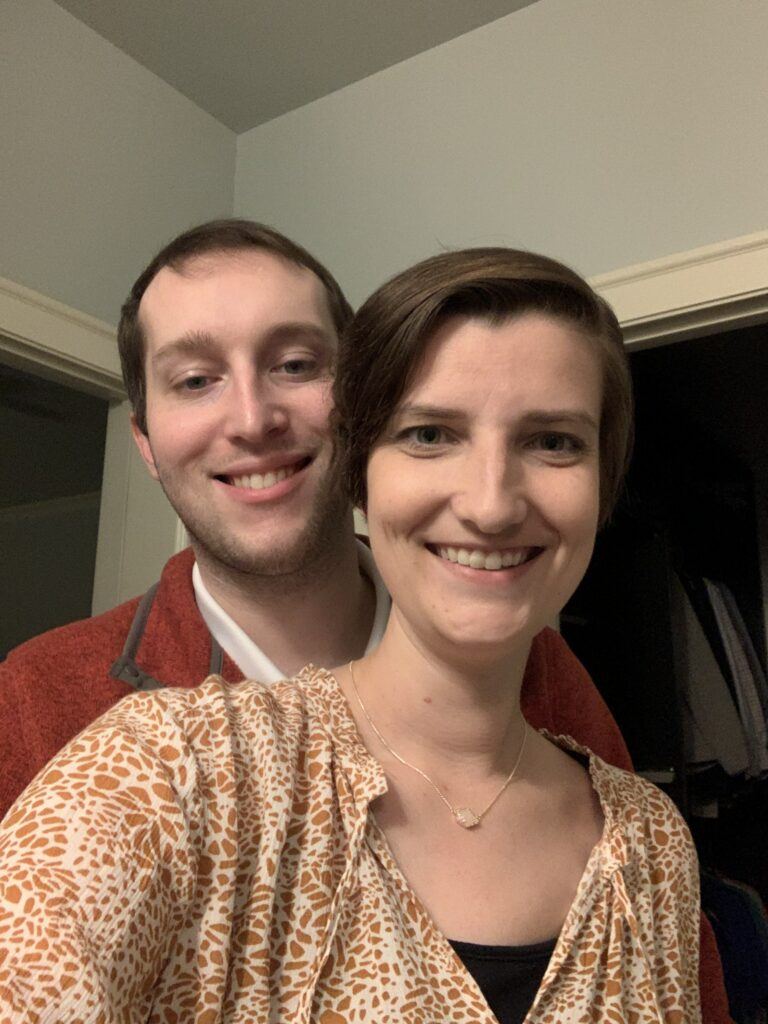 d mammogram. After inconclusive results, she was then scheduled for a biopsy.
d mammogram. After inconclusive results, she was then scheduled for a biopsy.
“After the biopsy, a weekend went by and I celebrated my 26th birthday,” said Chiles. “I wasn’t really thinking about it or expecting anything. I thought it would come back as a fibroadenoma and everything would be fine.”
But while she was at work the next Monday, she got the call that no one wants to receive. Over the phone, she heard: “Miss Chiles, you have cancer.”
With very few details available for her to understand the diagnosis immediately after the call, Audra spent an agonizing two days waiting for her appointment with a specialist.
“I was shocked, in disbelief. I thought my life was over,” said Chiles. “A few days later, I found out it was stage two cancer. Thankfully, it hadn’t spread.”
At that point, her cancer team moved quickly to get her scheduled for a mastectomy. After the surgery’s completion, Dr. Gabrielle Rocque, a BCRFA-supported doctor and researcher at UAB, decided that in order to minimize the chance of recurrence, Audra would need to receive chemotherapy treatments for three months.
In late 2019, she was declared cancer free. At that point, she felt a passion to help others like herself, who had experienced breast cancer – especially young survivors.
Early in her treatment, Audra was connected with the Forge Breast Cancer Survivor Center, a nonprofit whose mission “supports, empowers, and improves quality of life for Alabama breast cancer patients, survivors, and those who love them from the day of diagnosis through the balance of life.” Through this organization, she was able to access counseling services and peer mentorship during her treatment. After that positive experience, she knew she wanted to give back.
Today, she leads Forge’s Young Breast Cancer Support Group, a collaborative effort to speak directly to young women who have been diagnosed with breast cancer.
“Most breast cancer survivors are older, so when someone is diagnosed young, we wanted to create a place for them to relate to other young survivors,” said Chiles. “Being diagnosed young comes with unique issues, like ‘will I be able to have kids after chemo?’ We wanted a space for those women.”
In addition to her involvement with Forge, Audra is also a member of the BCRFA Junior Board, which brings together a group of young professionals to raise funds and awareness for local breast cancer research in Alabama. Audra felt compelled to get involved in the BCRFA’s mission, knowing that many of her treatment options came directly from research. She also wanted to give back to Dr. Rocque, who had been there for her throughout her cancer journey. 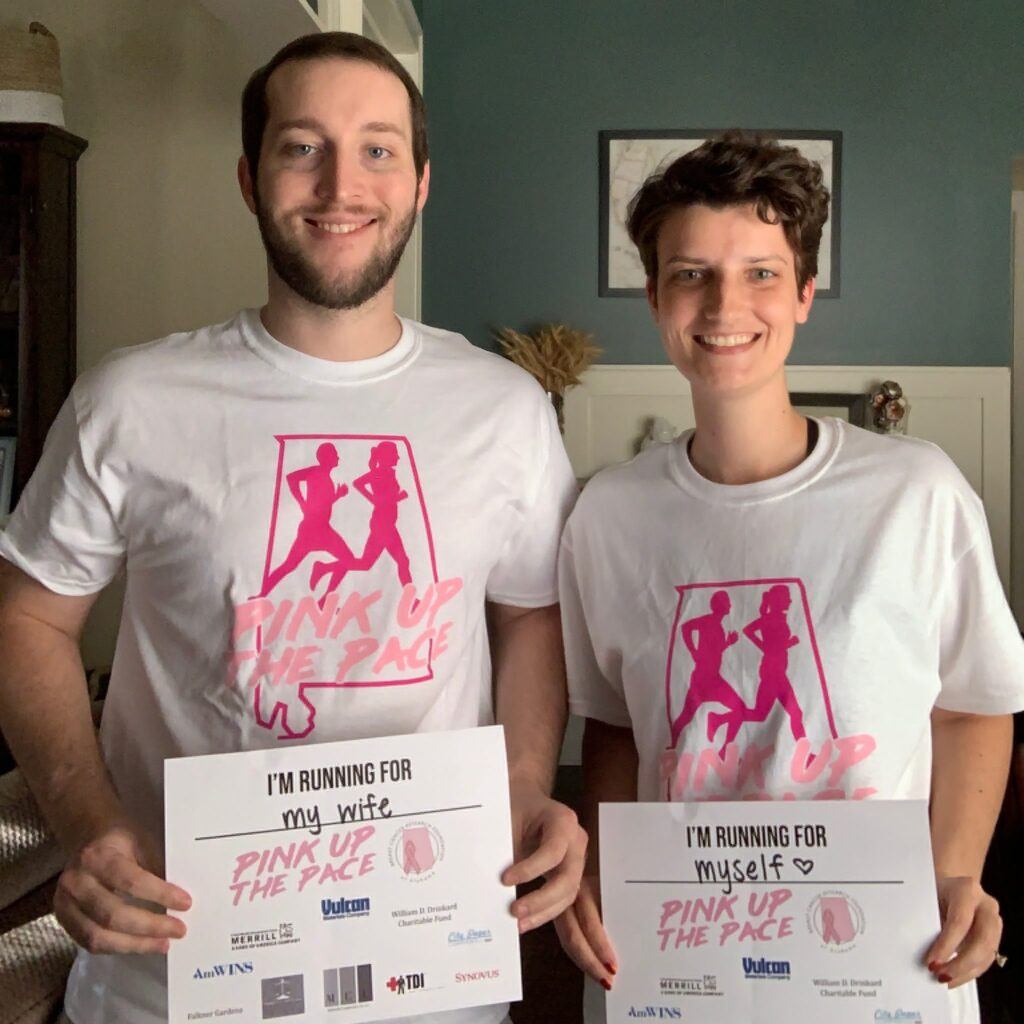
“My hope is that in the future, we will be able to find new treatment options through research – especially finding options that could ease the burden of being diagnosed,” said Chiles. “But I’d also love to see us discover more root-causes of breast cancer. That’s what I still don’t have answers about – all of my genetic testing was negative. I’m still so unsure as to why I ended up with cancer.”
According to the American Cancer Society, 5%-10% of breast cancer cases are thought to be hereditary; however, there are still a large percentage of women who do not have breast cancer genes and are following guidance on reducing their risk, but are still being diagnosed.
Despite the questions, Audra feels hopeful that research will turn the tide for breast cancer survivors like herself.
“Without research, we wouldn’t be where we are today. We can look back and see how far we’ve come,” said Chiles. “There’s unlimited possibilities of what we can discover as long as research is still being funded.”
Have a story to share about breast cancer research? Visit our 25 for Research portal to share your story or nominate someone today.
